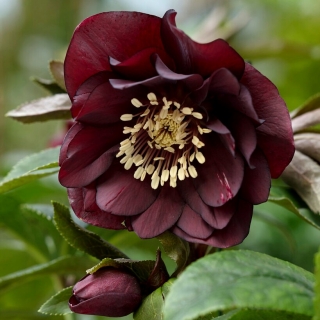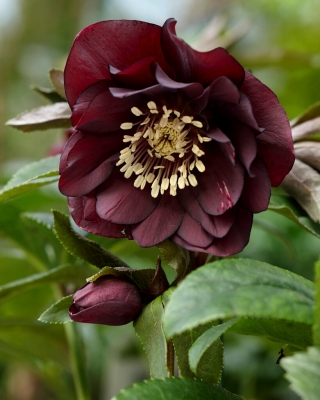- US Dollars ($)
- Euro (€)
- GB Pound (£)
- Chinese Yuan (元)
- Swedish krona (kr)
- Russian ruble (₽)
- Hong Kong dollar (HK$)
- Norwegian krone (kr)
- Indian rupee (₹)
- New Taiwan dollar (NT$)
- Danish krone (kr)
- Hungarian forint (Ft)
- Saudi riyal (SR)
- Bulgarian lev (лв)
- Czech koruna (Kč)
- Israeli shekel (₪)
- Indonesian rupiah (Rp)
- Japanese yen (¥)
- Korean won (₩)
- Malaysian ringgit (RM)
- Romanian leu (leu)
- Swiss franc (Fr.)
- Serbian dinar (din)
- Vietnamese đồng (₫)
- Ukrainian hryvnia (₴)
- Turkish lira (₺)
- Thai baht (฿)
- CAD Dollars ($)
- English
- German - Deutsch
- French - Français
- Spanish - Español
- Italian - Italiano
- Swedish - Svenska
- Norwegian - Norsk
- Danish - Dansk
- Nederlands
- Estonian - Eesti keel
- Finnish - Suomalainen
- Hungarian - Magyar
- Latvian - Latviešu valoda
- Lithuanian - Lietuvių
- Portuguese - Português
- Bulgarian - български
- Czech - Čeština
- Croatian - Hrvatski
- Romanian - Română
- Slovak - Slovák
- Slovenian - Slovenščina
- Categories
-
Seeds
-
Vegetable Seeds
-
Flower Seeds
- Herb Seeds
- Sprouting Seeds
-
Flower Bulbs
-
Garden Equipment
-
At home
- Around home
-
Fertilizers
-
- All-purpose fertilizers
- Autumn and winter fertilizers
- Blueberry fertilizers
- Boxwood fertilizers
- Bulb plants' fertilizers
- Grass and lawn fertilizers
- Citrus plant fertilizers
- Compost
- Conifer fertilizers
- Dolomite and lime fertilizers
- Dry powder fertilizers
- Fertilizers for balcony and terrace plants
- Fertilizers for moss-infected lawns
-
- Fertilizers in pump sprayers
- Fertilizers in watering cans
- Fertilizers sticks
- Fertilizers with leaf shine
- Flowering plant fertilizers
- Fruit fertilizers
- Fruit tree fertilizers
- Garden plant fertilizers
- Geranium fertilizers
- Green plant fertilizers
- Herb fertilizers
- Home plant fertilizers
- Hydrangea fertilizers
-
The Double Ellen Purple Lenten rose is a perennial of the Ranunculaceae family that is famous for its double flowers and excellent vigour. This variety is simply perfect for extraordinary late winter compositions on borders and in pots thanks to its dark, almost black flowers. It wonderfully covers areas under trees and becomes a true garden attraction before the spring comes. Lenten rose has lately gained on popularity as cut flower due to their beauty and durability. The variety offered here produces large flowers that measure about 10 centimetres in diameter. The deep colour of the wavy petals is underscored by the creamy-white centre. Dark green, leathery leaves complement the noble appearance of the plant. A well rooted Double Ellen Purple Lenten rose grows 35 to 40 centimetres tall. A dense tuft of this variety flowers in March and April, and if weather permits - even earlier.
You do not have to cover the hardy Lenten rose before the winter, it will dazzle you with its beauty each year. This plant succeeds in average garden soil provided it is permeable. A site in partial shade or in the shade that is also sheltered from the wind suits its requirements best. Lenten rose thrives in moderately moist soil, particularly in the summer. We recommend to use long-lasting fertilizers, mulching the site with ground bark, and removing seed capsules and dried leaves in autumn for optimal results.
We hereby offer one seedling of the Double Ellen Purple Lenten rose. Basic plant information and growing tips were printed on the packaging label.
- Variety: Double Ellen Purple
- Flower colour: purple with creamy white centre
- Vegetation form: perennial
- Foliage: dark green, leathery
- Flower type: double, up to 10 centimetres in diameter
- Bulbs: 1
- Height: 35 to 40 cm
- Flowering period: March to April
- Wintering in the ground: yes
New



My account
Store
Customer information
Information

© -2024 Gardenseedsmarket.




